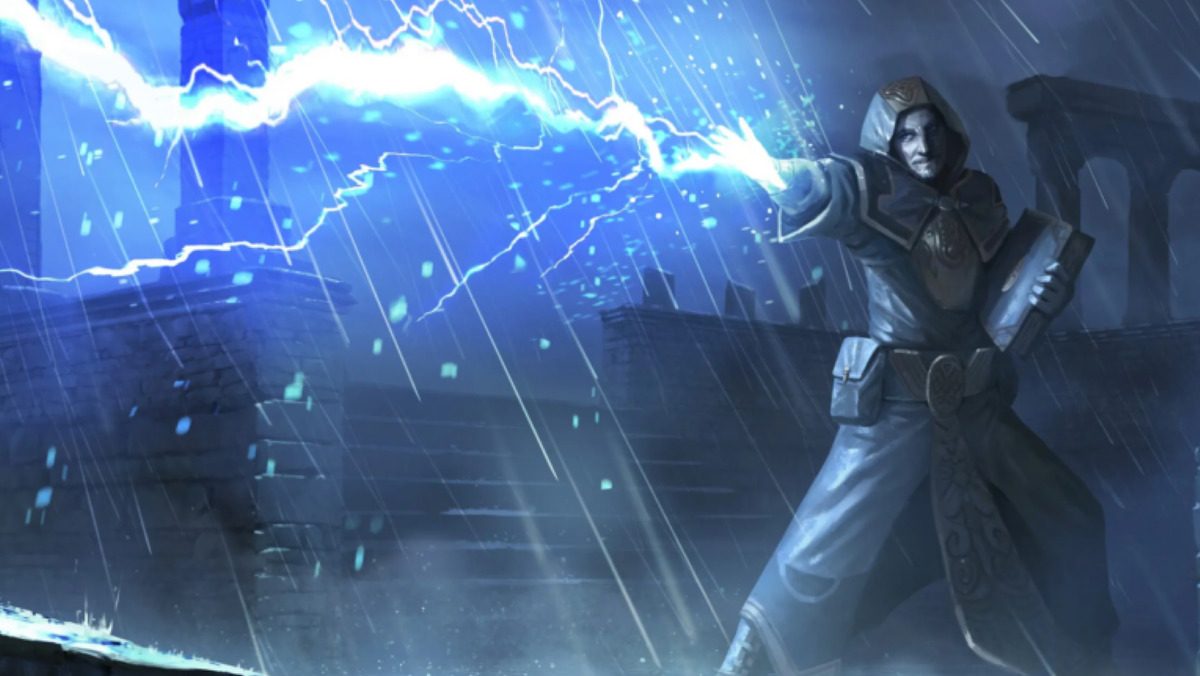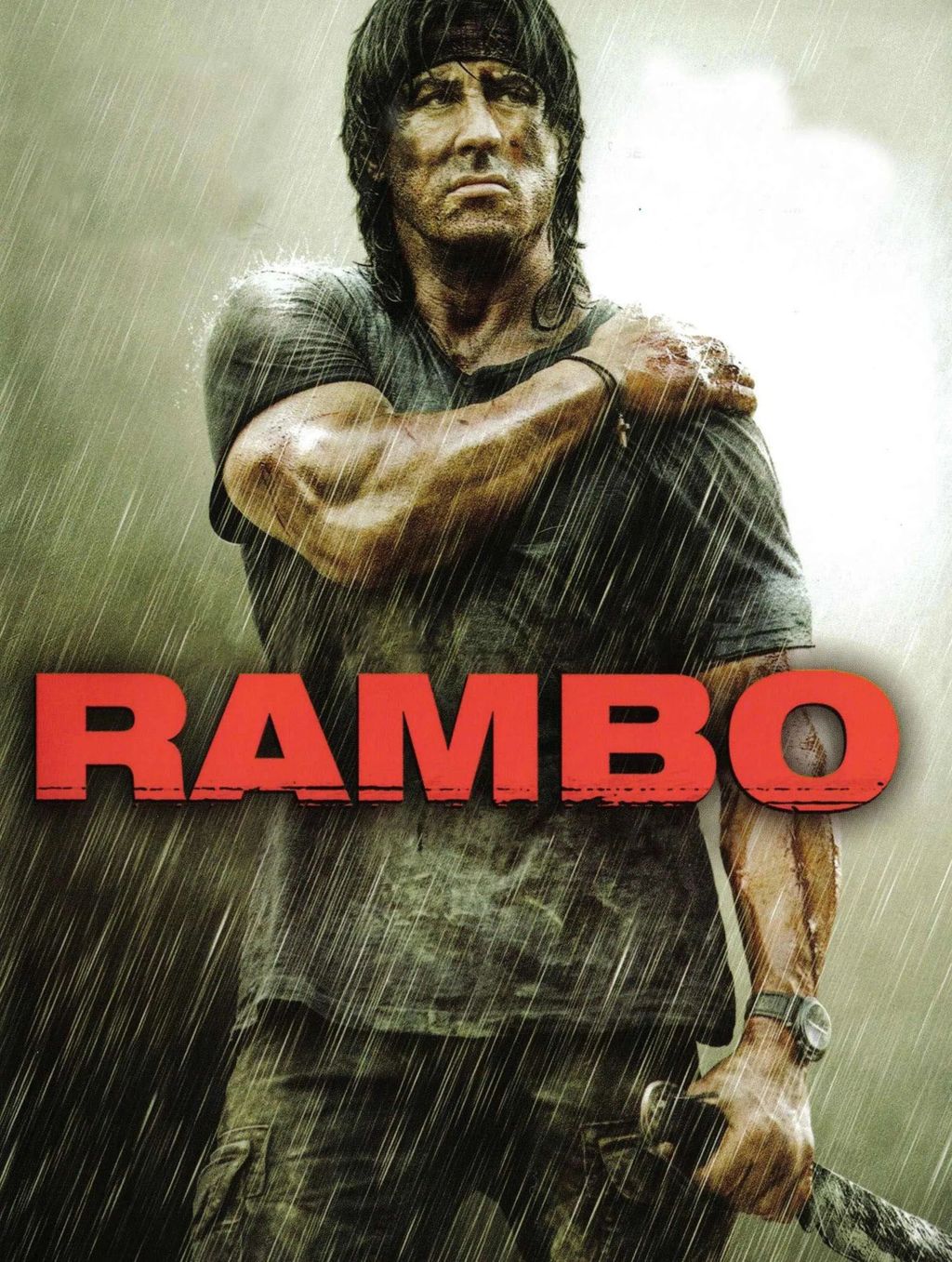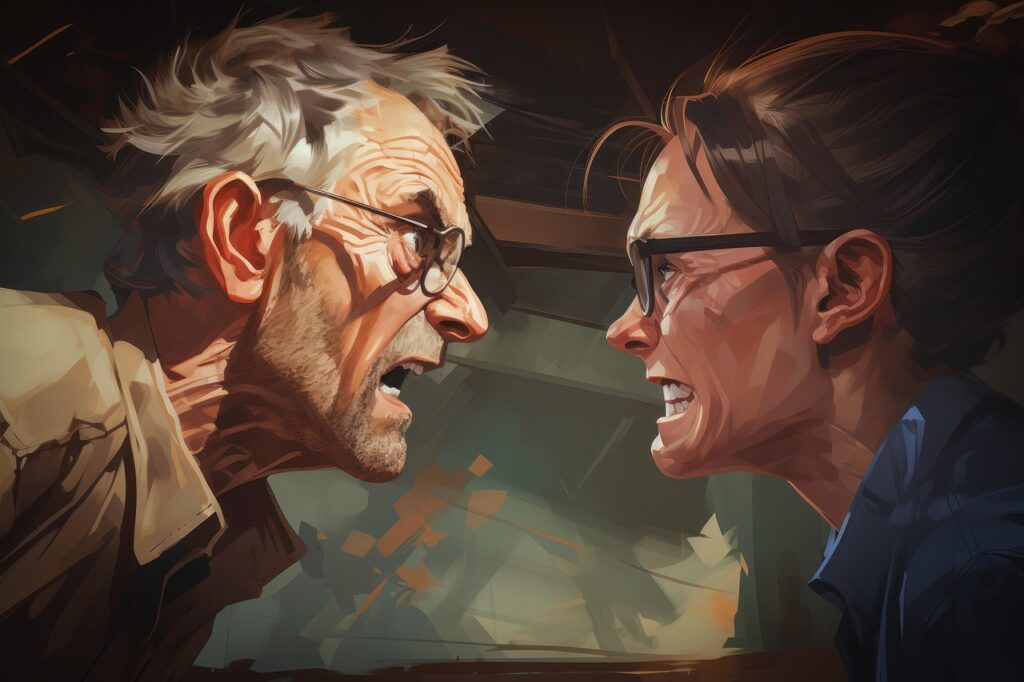
Blackjack isn’t just a game; it’s a pulsating heart at the core of countless cinematic narratives, drawing us into a world of high stakes, intense strategy, and often, profound human drama. From the smoky backrooms of forgotten casinos to the dazzling lights of Las Vegas, the game of 21 has consistently proven to be a magnetic force for filmmakers, offering a perfect blend of unpredictability and decision-making that keeps audiences on the edge of their seats. Its lasting appeal, dating back to the 1700s, is clearly reflected in the sheer number of casino films that feature blackjack in their most intense and pivotal scenes.
For fans of both the silver screen and the shuffling cards, exploring these cinematic journeys is more than just entertainment; it’s a deep dive into the psychology of gambling, the allure of beating the house, and the sometimes-dark paths characters tread in pursuit of fortune. In the spirit of ScreenRant, we’re not just listing movies; we’re providing detailed information, context, and analytical insights into why these films resonate so deeply with entertainment enthusiasts. We’ll delve into their plots, iconic moments, critical reception, and what they truly teach us about the game itself, or at least, its dramatized version.
While blackjack is easy to understand, with fewer variants than games like poker, its cinematic interpretations are anything but simple. They often explore complex themes such as addiction, moral ambiguity, and the psychological toll of the casino environment, making them gripping watches regardless of your interest in card counting. Get ready to place your bets, as we deal out our definitive list of the best blackjack movies of all time, starting with some true cinematic gems that have masterfully captured the essence of the game.

1. **Croupier (1998)**Topping many lists for its sheer quality and profound exploration of the casino world, *Croupier* stands as a true masterclass in cinematic blackjack. This slow-burn noir masterpiece features a career-defining performance from Clive Owen as Jack Manfred, a struggling writer who takes a job as a croupier, despite his own past struggles with gambling addiction. The film brilliantly explores the psychological toll of working in a casino environment, illustrating the fine line between control and chaos, a theme that resonates deeply with the unpredictable nature of blackjack itself.
As Manfred becomes increasingly drawn into the seductive yet corrosive world of high-stakes gambling, the narrative transcends a simple casino thriller, transforming into a haunting meditation on chance, detachment, and control. What truly sets *Croupier* apart is its razor-sharp script and hypnotic atmosphere, coupled with a detached protagonist whose inner monologue keeps viewers utterly hooked. The film’s unique perspective, observing the gambling world from the dealer’s side of the table, offers a fresh and often unnerving look at the human drama unfolding with every hand dealt.
Roger Ebert praised it as “a convincing portrayal of one of those smaller London operations where the plush and the gilt and the tuxedos on the gorillas at the door don’t quite cover the tarnish.” This critical acclaim is echoed in its impressive 95% positive rating on Rotten Tomatoes, solidifying its place as a standout film in the genre. Though it initially didn’t receive widespread traction in Britain, its release in the United States garnered significant critical praise, cementing its legacy as a must-watch for anyone interested in the psychological depths of the casino world and the game of blackjack.
2. **The Card Counter (2021)**Paul Schrader, a master of crafting morally conflicted characters, delivers a deeply unsettling and slow-burning revenge tale in *The Card Counter*. This powerful film features Oscar Isaac in a compelling role as William Tell, a former military interrogator who has transformed into a professional blackjack and poker player. Tell uses the rigid structure and discipline of card counting as a coping mechanism, a way to maintain emotional distance from a dark and haunting past that continues to shadow his every move.
The genius of *The Card Counter* lies in its sophisticated use of blackjack, which functions as both a mechanical strategy and a profound metaphor. For William, the act of counting cards represents discipline, control, and the quiet, calculated patience required to wait for the opportune moment in life, much like in the game itself. The film’s sterile and calculated visual style perfectly mirrors William’s precise, almost clinical psyche, drawing viewers deep into his isolated world where every decision is weighed with immense gravity.
This isn’t your typical, high-octane gambling thriller; instead, it’s a meticulous exploration of psychological warfare, meticulously played out one hand at a time, both on and off the casino floor. Directed by the legendary Schrader and featuring one of Hollywood’s most captivating talents in Isaac, the film garnered an impressive 88% on Rotten Tomatoes. David Ehrlich of IndieWire aptly described it as “an anti-romantic glimpse into the most abyssal pockets of American nowhere,” capturing its unique, introspective tone. For any true blackjack enthusiast, this masterpiece offers a thoughtful and intense viewing experience that pushes the boundaries of the gambling genre.
Read more about: The Digital Hypnosis: How Social Media Algorithms Are Secretly Rewiring Your Brain for Compulsive Consumption

3. **The Gambler (1974)**The original 1974 classic *The Gambler* remains a benchmark for psychologically intense portrayals of addiction, with blackjack playing a central and often devastating role. James Caan delivers an unforgettable performance as Axel Freed, a brilliant literature professor grappling with a dangerous and consuming gambling addiction. The film, directed by Karel Reisz and based on a story by James Toback, delves deep into Axel’s descent, charting how his initial attempts to test his limits quickly devolve into a harrowing spiral of self-destruction.
Unlike many films that might romanticize the high-roller lifestyle, *The Gambler* offers a brutally honest and emotionally raw portrait of compulsion and collapse. Blackjack, for Axel, is more than just a game; it serves as both a perverse coping mechanism and a weapon of self-harm, pushing him further into the abyss. The narrative vividly depicts his increasing desperation, starting with borrowing money from his girlfriend and mother, then escalating to bookies, culminating in a tense cat-and-mouse game with debt collectors.
Pauline Kael of The New Yorker lauded the film, noting that “James Caan’s central performance gives it a backbone, it’s strikingly well-edited, and it’s dramatically supercharged and compelling.” This critical acclaim is reflected in its strong 82% rating on Rotten Tomatoes. *The Gambler* continues to resonate today as one of the most powerful and unvarnished depictions of betting addiction ever committed to film, offering a stark cautionary tale that transcends the casino setting and highlights the profound human cost of losing control.
Read more about: James Caan: A Storied Career – The Life and Enduring Legacy of ‘The Godfather’ Star and Emmy Winner at 82

4. **The Cooler (2003)**Transporting us to the enchanting, yet fading, era of vintage Las Vegas, *The Cooler* presents a deeply original and charming twist on casino folklore, where blackjack acts as a canvas for a unique love story and character study. The film centers on Bernie Lootz, played with poignant brilliance by William H. Macy, a man employed by a casino for his uncanny ability to “cool” hot tables. His very presence is enough to jinx any gambler’s winning streak, a bizarre yet effective form of quality control for the house.
Bernie’s life takes an unexpected turn when he falls in love with Natalie, a compassionate cocktail waitress. This burgeoning romance sparks a profound change in his luck, which in turn affects the fortunes of those around him, much to the chagrin of his ruthless casino boss, Shelly Kaplow (Alec Baldwin, in an Oscar-nominated performance). The various blackjack scenes throughout the film are masterfully utilized not just to showcase Bernie’s unusual curse, but also to visibly track his emotional transformation from a down-on-his-luck jinx to a man daring to hope for a better future.
*The Cooler* is imbued with a melancholic charm, creating an atmosphere that perfectly blends the glitter and gloom of old Vegas. Rolling Stone’s Peter Travers aptly described it as “A sweet, strange, and stylish look at love and luck in Las Vegas.” With a respectable 77% on Rotten Tomatoes, this film stands out for its heartfelt narrative, compelling performances, and its ingenious integration of blackjack as a device to illustrate the capricious nature of luck and the transformative power of human connection, making it a truly memorable entry in the casino genre.

5. **The Last Casino (2004)**An often-overlooked Canadian gem, *The Last Casino* offers a compelling and more grounded take on the true story that also inspired the Hollywood blockbuster *21*. This film delves into the fascinating world of card counting through the narrative of Doug Barnes, a brilliant university mathematics professor. At the outset, Barnes finds himself banned from casinos due to his card-counting prowess, a common consequence for those who dare to “beat the house.” Driven to recoup his losses and continue his winning ways, he devises a plan to train a group of his most talented students in the intricate art of card counting.
What sets *The Last Casino* apart is its intense focus on strategy, meticulous preparation, and the deeply personal stakes involved for each character, arguably making it a more nuanced and successful adaptation of the MIT blackjack team saga. While it may not boast the star power or massive budget of Hollywood productions, its low-budget charm and tighter character arcs create a more intimate and believable narrative. The film meticulously explores blackjack mechanics, the complex dynamics within the team, and the moral ambiguities inherent in their high-stakes endeavors.
The narrative follows the team as they navigate various casinos across Ontario and Quebec, aiming to win big while diligently trying to stay under the radar of vigilant casino surveillance. This regional setting lends the film a unique charm, distinguishing it from the typical Las Vegas backdrop. With a respectable 63% on Rotten Tomatoes, *The Last Casino* is particularly praised for its impeccable storytelling, with The Hollywood News noting its “engaging storyline with Barnes’ personal demons at the core of the plot.” For those captivated by the strategic side of blackjack and the real-life inspirations behind card-counting teams, this film is undeniably worth seeking out.

6. **The Gambler (2014)**The 2014 remake of *The Gambler* offers a modern, glossier, and more frenetic take on the classic tale of addiction, with Mark Wahlberg starring as Jim Bennett, a literature professor ensnared by a serious gambling problem and, arguably, a death wish. This iteration amplifies the psychological intensity of the original, portraying a character whose addiction leads him down a relentlessly destructive path, jeopardizing not only his esteemed academic career but also his very life. Blackjack scenes, among other casino games, are strategically integrated to highlight the dangerous allure of “one more risk,” constantly tempting Jim to tempt fate.
While the film ambitiously attempts to infuse philosophical musings into its narrative, critics often noted that it struggled under its own weight, failing to capture the profound emotional depth that made the 1974 original so resonant. However, the blackjack sequences themselves are undeniably slick and stylish, contributing to the updated aesthetic. John Goodman delivers a standout performance as a no-nonsense loan shark, adding a much-needed layer of grit and menace to Bennett’s escalating predicament.
Wahlberg’s dedication to the role, reportedly losing 60 pounds, physically emphasizes the toll of addiction, bringing a tangible dimension to his character’s unraveling. Despite these efforts, the film holds a 43% rating on Rotten Tomatoes, with Brian Eggert of Deep Focus Reviews critiquing that “At the root of The Gambler, there’s no understanding Jim or his unreachable personality, leaving him impossible to have sympathy for or empathize with, therein leaving the film an empty experience.” Nevertheless, it serves as a stark reminder of how addiction can ensnare even the most intelligent and successful individuals, making it a noteworthy, albeit divisive, entry in the pantheon of blackjack films.
Continuing our deep dive into the diverse world of blackjack on film, this section highlights more iconic scene-stealers and unique cinematic takes. We will explore how these movies capture the thrill of card counting, the pitfalls of addiction, and the sometimes-comedic, sometimes-gritty realities of the casino floor, showcasing a broader spectrum of how blackjack captivates audiences, even if some of these aren’t quite “Aces” in terms of critical reception, they still offer compelling narratives where the game plays a pivotal part.

7. **21 (2008)**Based on the electrifying true story of the MIT blackjack team, *21* should have been a surefire hit, and for many, it absolutely was. The film thrusts us into the high-stakes world of Ben Campbell (Jim Sturgess), an exceptional MIT student recruited by his charismatic professor, Micky Rosa (Kevin Spacey), to join a secret team of card counters. Together, they jet off to Las Vegas, aiming to outwit the casinos and win millions from the blackjack tables. It’s a fast-paced, glamorous journey into the tactical side of gambling.
This movie vividly showcases the intense level of strategy, intelligence, and unwavering focus required to pull off card counting at its highest level. Beyond the thrilling victories and inevitable pitfalls, *21* also delves into the moral ambiguities inherent in attempting to “beat the house” and the corrupting influence of easy money. While it might have glossed over some of the real-life complexities, it undeniably makes for an exciting, engaging narrative that resonates with anyone fascinated by the blend of mathematics and risk.
Critics, however, took issue with its often oversimplified storytelling and a certain Hollywood sheen that occasionally sacrificed depth for flash. TimeOut, for instance, noted that “The whizzo-conceit and slick visual bling do give it an undeniably diverting buzz, yet the movie’s cautionary formula shows its hand way before the clunky final reel.” Despite holding a 36% rating on Rotten Tomatoes, *21* remains a hugely popular and influential film, serving as a gateway for many blackjack enthusiasts eager to explore the strategic side of the game. It’s a testament to its enduring appeal that it still captivates audiences, blending educational insights into card counting with compelling drama.
Read more about: Roaring Engines and Timeless Tales: Our Favorite Muscle Car Memories That Will Burn Out In Your Brain!

8. **Rain Man (1988)**While not exclusively a blackjack movie, *Rain Man* features one of the most iconic and frequently referenced gambling scenes in cinematic history, making it impossible to overlook. This Oscar-winning drama stars Tom Cruise as Charlie Babbitt, an egocentric car dealer whose world is turned upside down when he discovers his estranged, autistic savant brother, Raymond (Dustin Hoffman), has inherited their father’s $3 million fortune. Desperate for a share, Charlie embarks on a cross-country journey with Raymond, a trip that profoundly changes both their lives.
The film’s quintessential blackjack scene unfolds when the brothers arrive in Las Vegas. Charlie quickly realizes that Raymond’s incredible mathematical memory and knack for numbers make him an extraordinary card counter. They head to the blackjack table, where Raymond, with his unparalleled ability to track cards across six decks, helps Charlie win a staggering $80,000. It’s a masterclass in cinematic tension, showcasing Raymond’s unique gifts and Charlie’s cunning, albeit morally questionable, use of them.
Despite the scene’s thrilling portrayal, it’s important to remember that such immediate and fruitful success, especially from a novice, is highly unlikely in real life. The film also, perhaps unintentionally, contributed to the misconception that autism automatically makes someone adept at card playing, which isn’t entirely realistic. Nevertheless, Dustin Hoffman’s Academy Award-winning performance as Raymond, and his on-screen chemistry with Tom Cruise, cement *Rain Man* as a timeless classic. It’s a film beloved by both casual viewers and critics, lauded for its powerful storytelling and emotional depth, proving that a single, memorable blackjack sequence can leave an indelible mark on film history.
Read more about: Rodion Shchedrin: An Enduring Legacy of Innovation and Russian Soul, A Retrospective on the Composer’s 92 Years

9. **Heat (1987)**No, not the Michael Mann masterpiece, but the 1987 action-thriller *Heat*, starring Burt Reynolds as Nick Escalante, offers a gritty, noir-infused take on Las Vegas. Escalante is a former mercenary now working as a bodyguard in Sin City, but he harbors a deep-seated love for blackjack and dreams of escaping his tumultuous life for the tranquility of Venice. This film stands out by combining the high-stakes world of blackjack with a more brutal, action-packed narrative, deviating from the typical glamour of casino films.
Unlike many polished gambling movies, *Heat* delves into the seedier, off-strip side of Vegas, portraying blackjack not as a path to riches, but as a reflection of Nick’s fractured soul. His compulsive play reveals a man who is good at the game, but perhaps even better at losing, hinting at an underlying self-destructive streak. The card tables become a stage for his internal struggles, where every bet is a desperate attempt to control his destiny or, perhaps, simply to feel something.
While the film has faced criticism for its uneven pacing and a somewhat muddled plot, it undeniably captures a dusty, bygone era of Las Vegas. Walter Goodman of The New York Times remarked on “The setting is Las Vegas, where Mex wins and loses a lot of money in blackjack without getting too excited about it, and things work up tepidly to the big battle in a factory handily stocked with murderous devices,” highlighting its blend of gambling and action. With a 38% rating on Rotten Tomatoes, *Heat* might not be a critical darling, but for fans interested in a rougher, more grounded portrayal of a gambler’s life, it offers a unique, albeit flawed, glimpse into the darker corners of the casino world.
Read more about: Sir Michael Gambon, the Distinguished Actor Who Enchanted Audiences as Dumbledore, Dies at 82: A Legacy of Stage and Screen Mastery

10. **Jinxed (1982)***Jinxed*, an offbeat comedy-drama from 1982, offers a truly unique premise centered around the capricious nature of luck at the blackjack table. The film stars Bette Midler as Bonita Friml, a woman entangled in a complicated relationship with Harold Benson (Ken Wahl), a professional gambler. Their lives revolve around Willie Brodax, a blackjack dealer who, for unknown reasons, seems to bring Harold consistently bad luck, causing him to lose big whenever Willie deals. Harold believes Willie is his personal jinx.
The core of the plot revolves around Harold and Bonita’s desperate attempts to exploit, and then perhaps break, this strange curse. They aim to follow the supposedly “jinxed” dealer from table to table, hoping to profit from his unfortunate effect on other players, or perhaps to finally reverse Harold’s fortunes. The film awkwardly oscillates between dark comedy, romance, and dramatic thriller elements, often struggling to find a consistent tone. This tonal inconsistency means the central blackjack angle, while crucial to the narrative, occasionally gets lost in the erratic shifts of the script.
Despite a few entertaining moments, *Jinxed* famously lived up to its name, being plagued by behind-the-scenes issues and ultimately receiving a rather flat critical reception. Roger Ebert famously critiqued it as “a messed-up movie that throws away what few opportunities it has to entertain us, and gets totally lost in a plot that starts as comedy and moves through farce on its way to paralysis.” Holding a 29% on Rotten Tomatoes, it’s far from a cinematic masterpiece. However, for those intrigued by the quirky, almost superstitious side of gambling folklore and seeking a different kind of blackjack story, *Jinxed* remains a curious artifact, demonstrating how far filmmakers will stretch a concept to capture the elusive essence of luck.

11. **Holy Rollers (2010)***Holy Rollers* is a compelling 2010 indie film that presents a stark, almost documentary-style look at an unexpected intersection of faith and illicit activity. Starring Jesse Eisenberg, the film follows the tragic life of a young Hasidic Jew who, despite his strict upbringing, becomes ensnared in a chain of smuggling operations, primarily involving ecstasy. What makes this film particularly relevant to our list is how these criminal endeavors are covertly covered by gambling activities, with blackjack being a significant part of the deceptive front.
Directed by Kevin Asch, *Holy Rollers* crafts an intriguing and often unsettling setting, making the story feel incredibly real, almost as if it’s unfolding in real-time. The film cleverly uses the seemingly legitimate world of gambling, particularly blackjack, as a facade to launder money and distract from the true nature of the protagonists’ illegal dealings. This gives the card game a different kind of intensity, where the stakes aren’t just about winning or losing chips, but about maintaining a dangerous illusion.
While it operates on an indie budget and might not boast the flashy casino aesthetics of Hollywood blockbusters, the film’s powerful narrative and Eisenberg’s strong performance earned it critical praise. It provides a unique perspective on how blackjack can be exploited for purposes far beyond mere entertainment, exposing the moral compromises and grave consequences faced by those who stray from their path. For anyone interested in the grittier, more realistic underbelly of the gambling world and its portrayal on screen, *Holy Rollers* offers a thought-provoking watch.
12. **Blackjack (1978)**Bearing the ultimate title for our list, the 1978 film *Blackjack* is perhaps less known than its counterparts but offers a fascinating glimpse into the Las Vegas casino scene of the late 70s. This cinematic gem, directed by John Evans, stars Damu King as Roy King, a character who embarks on a daring mission to rob mafia-led Las Vegas casinos shortly after his release from jail. His audacious plan puts him directly at odds with the formidable casino boss, Andy Mayfield, played by William Smith.
This movie captures the raw essence of its era, painting a vivid picture of how blackjack was played and perceived in the bustling, often dangerous, world of Las Vegas during the 1970s. The film integrates the game not just as a backdrop, but as a central element within the captivating robbery narrative, where the rules of the game and the strategies of the players mirror the high-stakes maneuvers of the heist itself. The tables become battlegrounds where fortunes are made and lost, echoing the larger criminal enterprise.
While *Blackjack* might not have achieved widespread fame or critical accolades of more polished productions, it serves as a valuable historical document for casino enthusiasts and film buffs. It showcases the fashion, the atmosphere, and the very mechanics of the game as it existed then, offering a nostalgic trip back in time. For those keen on exploring the full spectrum of blackjack’s cinematic appearances, especially from a vintage perspective, this film is undeniably worth seeking out to see the game at the heart of a classic heist story.
Blackjack on the Silver Screen: A Diverse Hand
From the meticulous card-counting strategies of MIT teams to the deeply personal struggles with addiction, and even the comedic misadventures that often accompany a night in Vegas, these films truly demonstrate the game’s versatile appeal in cinema. Whether they explore the psychological depths of a compulsive gambler or celebrate the thrill of beating the house, blackjack consistently provides a compelling backdrop for human drama, ambition, and consequence.
While the glitz and glamour of Hollywood often dramatize the game, stretching reality for entertainment, these movies also offer valuable insights into the casino world and the complex relationship many have with gambling. They remind us that the allure of blackjack, whether played in a smoky backroom or a luxurious online casino, lies in its unique blend of strategy and chance, keeping players and viewers alike on the edge of their seats. So, as you explore these cinematic journeys, remember to enjoy the ride responsibly, appreciating the drama, the skill, and the pure entertainment value that blackjack brings to the big screen, one dealt hand at a time. The cards may be unpredictable, but the enduring legacy of these films is a sure bet for any movie fan.





